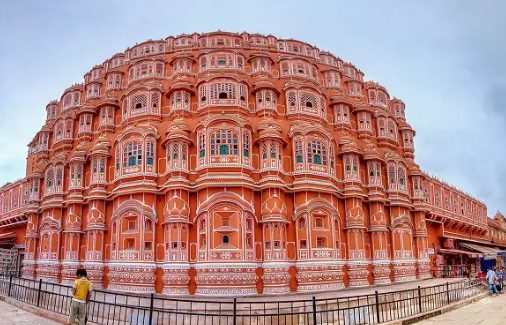Angela Merkel is the current Chancellor of Germany and has been in power since 2005. She is widely regarded as one of the most powerful leaders in the world and has played a crucial role in the European Union. Merkel is known for her pragmatic and analytical approach to problem-solving and has been instrumental in navigating Germany through several crises, including the 2008 financial crisis and the European refugee crisis.
Joe Biden is the current President of the United States and has been in office since January 2021. He is a seasoned politician with over four decades of experience in government. Biden has focused on issues such as climate change, healthcare, and racial inequality during his presidency. He has also sought to restore America’s relationships with its allies and repair the damage caused by the previous administration.
Narendra Modi is the Prime Minister of India and has been in power since 2014. He is a member of the Bharatiya Janata Party (BJP) and is known for his nationalist and Hindu nationalist ideology. Modi has implemented a number of economic and social reforms in India, including the demonetization of high-value currency notes and the implementation of a nationwide goods and services tax. He has also faced criticism for his handling of conflicts in Kashmir and his alleged failure to address religious violence and discrimination.
Jacinda Ardern is the Prime Minister of New Zealand and has been in power since 2017. She is the leader of the Labour Party and is known for her progressive and empathetic leadership style. Ardern has implemented a number of social and environmental policies in New Zealand, including a ban on single-use plastic bags and a target to become carbon neutral by 2050. She has also gained international recognition for her handling of the COVID-19 pandemic in New Zealand.
Vladimir Putin is the President of Russia and has been in power since 2000. He is a former KGB officer and has a reputation for being a strong leader who is not afraid to assert Russia’s interests on the global stage. Putin has been involved in conflicts in Ukraine and Syria and has been criticized for his authoritarian rule and alleged interference in foreign elections.
Xi Jinping is the General Secretary of the Communist Party of China and the President of the People’s Republic of China. He has been in power since 2013 and is the most powerful leader in China since Mao Zedong. Xi has implemented a number of economic and social reforms in China, including the Belt and Road Initiative, which aims to boost infrastructure development in countries around the world. However, he has also been criticized for his crackdown on civil liberties and political opposition.
Kim Jong-un is the Supreme Leader of North Korea and has been in power since 2011. He is the son of Kim Jong-il and the grandson of Kim Il-sung, who founded the country. Kim Jong-un is known for his repressive rule and his pursuit of nuclear weapons. He has been involved in conflicts with the United States and other countries over North Korea’s nuclear program and has been criticized for human rights abuses.
Recep Tayyip Erdogan is the President of Turkey and has been in power since 2014. He is the leader of the Justice and Development Party (AK Party) and is known for his conservative and nationalist ideology. Erdogan has implemented a number of economic and social reforms in Turkey, including the construction of a new airport in Istanbul and the promotion of Islamic values. He has also faced criticism for his crackdown on civil liberties and his involvement in conflicts in Syria and Libya.
";

